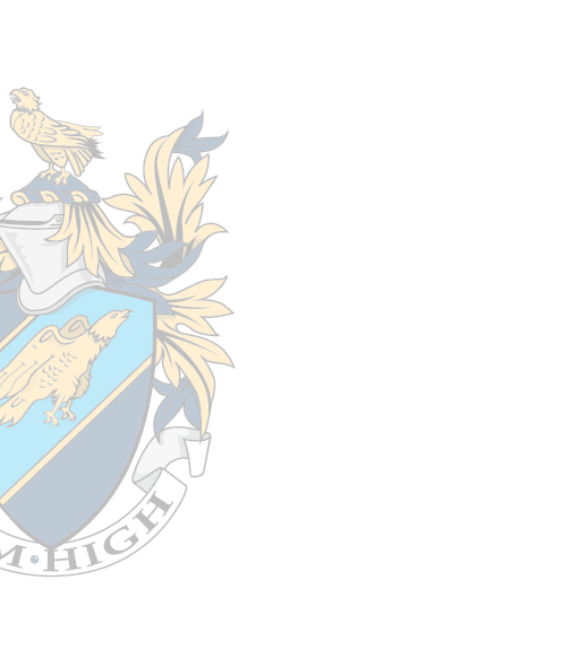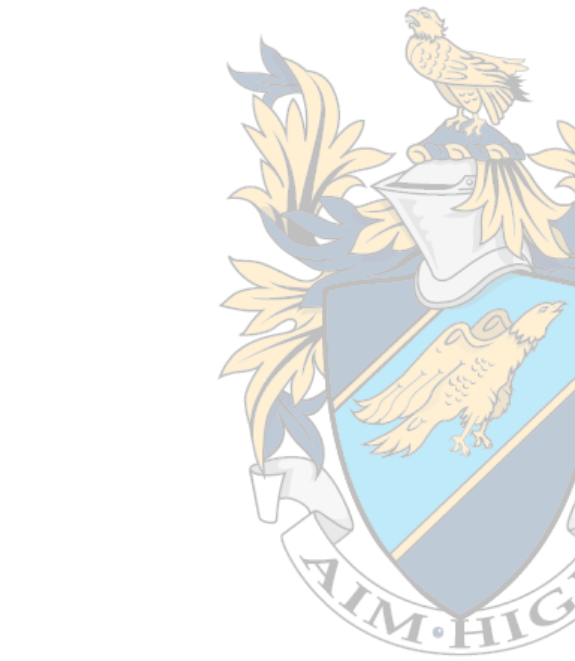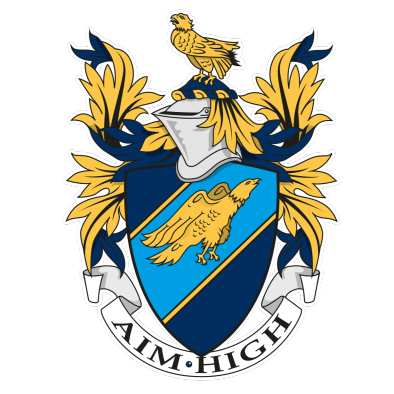Curriculum
Our curriculum aims to inspire a love for learning and a desire for personal growth. It is designed to enable all learners, regardless of background and starting point, to master knowledge and skill across a range of subjects and disciplines.
The curriculum is explicitly delivered through timetabled classroom-based lessons but is enriched through wider experiences such as trips, visits and a carefully planned assembly schedule, with the purpose of preparing students for life beyond West Hill.
Each department is led by a Curriculum Leader who has strategically planned and sequenced programmes of study to ensure knowledge and skills build incrementally and cumulatively. Departments design and match the best activities for learning and select the most appropriate resources. Assessment is routinely used to identify misconceptions, close gaps in learning, and measure progress.
Please visit our subject pages to learn more about our curriculum offer.
The overall curriculum is tailored towards the advancement of all students, regardless of their background and abilities. Students are taught in carefully planned groups with a blend of starting points and needs. Later in the school experience, some subject areas use streaming to ensure that students have the best chances of succeeding in the exam entry tier that they are being entered for.
Support is offered within school for a range of circumstances that students may encounter during their time at West Hill. These may be learning needs, emotional support, behavioural support or mental health support. A fundamental value that we share is the equality, and overall acceptance, of individuals within and around the school community.
Our experience of West Hill can be summarised as; the promotion of traditional values set within the context of a modern society.
Key Stage 3 - Years 7, 8 and 9
Our Key Stage 3 curriculum is carefully designed to support all students to make progress over time. Underpinned by the National Curriculum, we aim for all students to know more, remember more and be able to do more by the end of Year 9. It is broad and balanced, and students have the opportunity to study over fifteen different subjects.
With powerful and ambitious knowledge and skills at the core, curriculum leaders have developed programmes of study that are age-appropriate and planned coherently and sequentially allowing for a smooth transition from primary school to Years 7, following through to Years 8 and 9.
Course content is supported by carefully selected resources that are inclusive and provide challenge for all learners. Leaders structure in time for mastery and overlearning so that by the end of Year 9 students are prepared for the demands of Key Stage 4.
Further details of our Key Stage 3 curriculum can be found on the subjects area pages of the school website.
The time allocation in hours for all subjects at Key Stage 3 is below:
| Department | Year 7 | Year 8 | Year 9 |
|---|---|---|---|
|
English |
4 |
3 |
3 |
|
Mathematics |
3 |
4 |
4 |
|
Science |
3 |
3 |
3 |
|
Languages (German and Spanish) |
2 |
2 |
2 |
|
History |
2 |
2 |
2 |
|
Geography |
2 |
2 |
2 |
|
Religious Studies |
1 |
1 |
1 |
|
Computing |
1 |
1 |
1 |
|
Art |
1 |
1 |
1 |
|
Design Technology (including Food and Electronics) |
2 |
2 |
2 |
|
Music |
1 |
1 |
1 |
|
PE |
2 |
2 |
2 |
|
Individual Development Programme (including PSHE and Careers) |
1 |
1 |
1 |
|
Total |
25 |
25 |
25 |
Languages at Key Stage 3
We value the study of languages. It forms part of our ambitious Key Stage 3 curriculum. The ability to communicate in multiple languages can give students an advantage in their future career and support success in an increasingly global community. Studying languages gives a better insight into people and their different cultures.
In year 7, students are placed in either a German or Spanish class. They continue with this language until the end of year 9, when they are given a choice to opt for GCSE.
Key Stage 4 - Years 10 and 11
Our Key Stage 4 curriculum is carefully designed to support all students to make progress over time. Underpinned by exam board specification, we aim for all students to know more, remember more and be able to do more by the end of Year 11.
With powerful and ambitious knowledge and skills at the core, curriculum leaders have developed programmes of study that are age-appropriate and planned coherently and sequentially allowing for a smooth transition from Year 9, following through to Years 10 and 11.
Course content is supported by carefully selected resources that are inclusive and provide challenge for all learners. Leaders structure in time for mastery and overlearning so that by the end of Year 11 students are prepared for the demands of their final exams.
Further details of our Key Stage 4 curriculum can be found on the subjects area pages of the school website.
Optional Ebacc GCSE Subjects
- Computer Science
- Geography
- History
- Language: German
- Language: Spanish
Optional GCSE Subjects
- Art
- Business Studies
- Design & Technology
- Electronics
- Food Preparation and Nutrition
- Music
- Physical Education
- Religious Studies
Level 2 Vocational Qualifications (equivalent to 1 GCSE)
- Business Enterprise
- Digital Information Technology (DIT)
- Sports Studies
Students study their three option subjects in addition to the core curriculum and the time allocation, in hours, is given below:
| Subject | Year 10 and Year 11 |
|---|---|
|
English (Language and Literature) |
4 |
|
Mathematics |
4 |
|
Science (Combined Science or Separates) |
6 |
|
Individual Development Programme (including Careers) |
1 |
|
Physical Education |
1 |
|
Option Subjects |
3 x 3 = 9 |
Our remote learning offer consists of our Virtual Learning Environment (VLE). This is available to all families and has been created by our teachers with a myriad of useful resources to help support and extend learning. We also use a range of subject-specific online platforms.
To find out more about our curriculum, please see our subject area pages.





